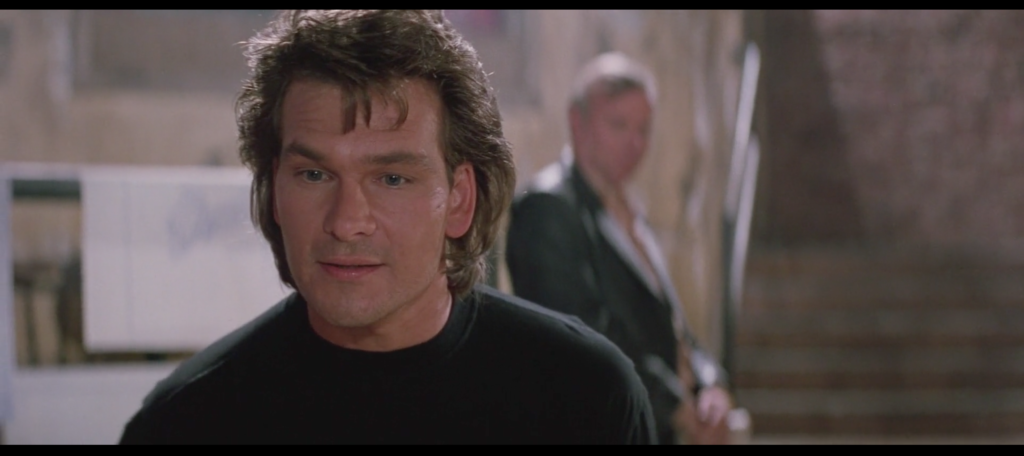“This is the new Double Deuce,” says Frank Tilghman. We are at the start of an all-hands staff meeting, and Tilghman is pointing to the concept art for the bar’s redesign. But standing nearby is his latest hire, Dalton. It is through Dalton, with Dalton, in Dalton that the new Double Deuce will be achieved. Dalton embodies the new Double Deuce. He is its future.
When Dalton takes over as cooler he becomes more than just the chief bouncer. His role is not to handle a series of discrete incidents, but to institute sweeping reforms that will eliminate such incidents forever. “It’s going to change,” he states—not a threat, not a promise, a fact. His bouncers, too, must change for this to take place. As below, so above.
Bouncing on the Dalton Path is a matter of following “three simple rules.”
This, again, is the third.
3. Be nice. (continued)
When first we assayed the Third Rule, I said the following:
It is the shortest rule, and it requires the most explanation. It is the least practically minded rule, and it is illustrated with the most practical applications. It is a rule about being kind to others, on the surface at least, and it is the rule greeted—and at times delivered—with the most open incredulity, even hostility.
When Dalton tells the assembled staff of the Double Deuce to be nice, it is Jack the bouncer who, whether in spite or because of being Dalton’s best student, opens the door for doubt. “Come on,” he says, gently but with unmistakable disbelief. He’s trying to ask his new sensei “Are you out of your mind?” in the politest possible way.
Now comes the yin-yang instructional configuration that should be familiar to us as central to the Giving of the Rules. Dalton leans forward and tells Jack “If somebody gets in your face and calls you a cocksucker, I want you to be nice.” Jack responds with a skeptical “Ohkayy”—and, though he knows it not, passes the test Dalton has just given him in so doing. Dalton got in his face and called him a cocksucker, and he was nice. It takes the doing of the thing to see that it can be done and learn how to do it. If you think this sentence is confusing, then change one pig.
(to be continued)
Tags: be nice, cocksucker, dalton, jack, road house, staff, the double deuce, the rules, the third rule, two nouns combined to elicit a prescribed response

